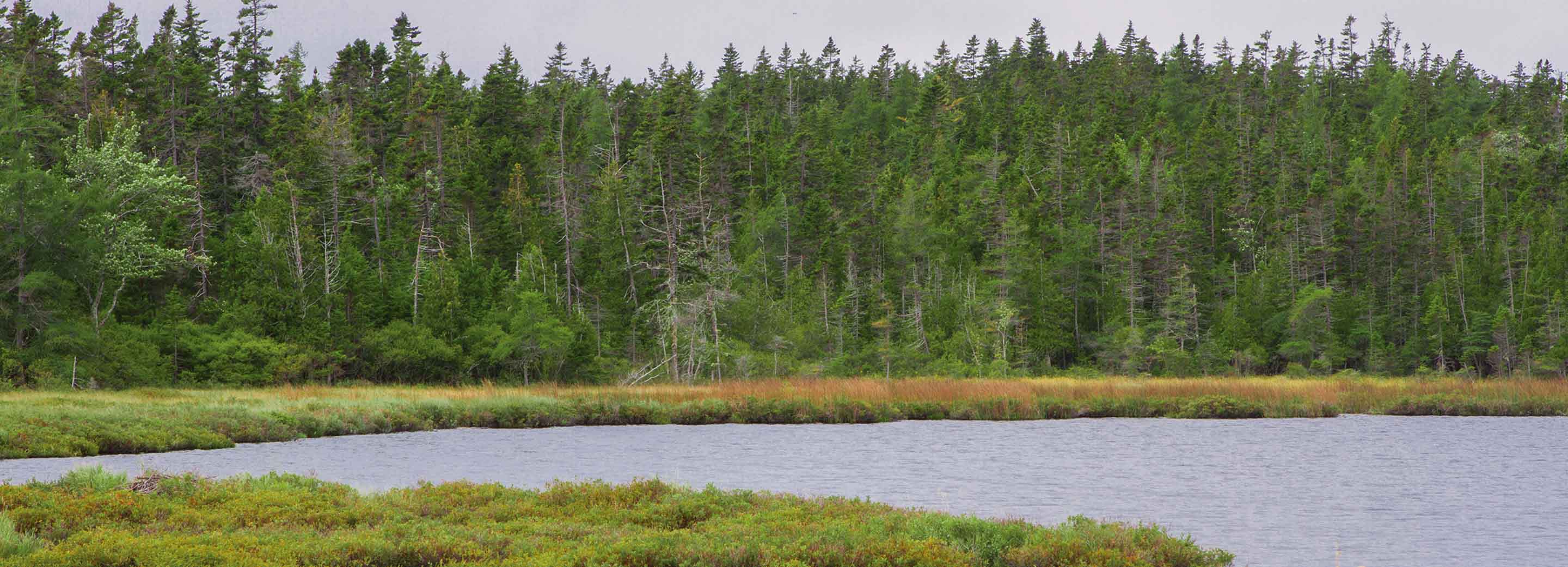Forests are Vital to Communities. Urban forests provide far more benefits than their obvious beauty and shade. In fact, scientific research shows a measurable link between urban forests and a healthy environment, public well being, and community livability.
Manomet teamed up with the City of Bath, Maine Forest Service, Kennebec Estuary Land Trust, and the U.S. Forest Service to better understand how trees benefit people and contribute to the resiliency of a community. Manomet quantified the environmental and financial benefits of urban forests in mid-coast Maine to better understand how trees benefit people and contribute to the resiliency of a community and developed tools to help municipalities, land trusts, and private citizens across the Northeast maintain healthy urban forests and communities.
The Benefits of Urban and Community Forests
The urban and community forest resources in Bath, Maine provide the community $1.1 million dollars of benefits each year. Trees remove over 26,000 pounds of pollutants from the air each year, absorb 1.8 million gallons of runoff annually, store 1.4 billion pounds of carbon dioxide, and sequester an additional 870,000 pounds of carbon dioxide each year. The amount of carbon dioxide stored in Bath’s trees is equivalent to the annual emissions of 7,600 cars, a number that represents eighty percent of Bath’s population.
i-Tree Analysis of Three Forests in Bath, Maine
The Value of Urban and Suburban Trees: Case Study of Downtown Bath, Maine
The Value of Trees on Land Trust Properties: Case Study of Sewall Woods
The Value of Trees in Municipal Forests: Case Study of Butler Head
Summary Report
Full Report
Case Studies Using i-Tree
- Using i-Tree Eco To Rapidly Assess The Benefits Of Local Forests: A Case Study From Bath, Maine
- Using i-Tree Vue Software For Rapidly Assessessing The Benefits Of Local Forests: A Case Study From Bath, Maine
Urban Forests and Resiliency to Climate Change
A Summary of Climate Change Projections for Forests in the Sagadahoc Region of Coastal Maine
Weather-Wise Worksheets
Manomet developed a series of worksheets to help landowners, municipalities, homeowners, and community organizations understand the impacts of climate change on forests and apply tangible actions, both small and large, to make forests and communities more resilient to changes in weather and climate.
A Summary of Manomet’s WeatherWise Workbook
Introduction to Weather-wise Worksheets
Weather-Wise Worksheet for Woodland Owners
Weather-Wise Worksheet for Land Trusts
Weather-Wise Worksheet for Urban Forests
Weather-Wise Worksheet for Homeowners
Weather-Wise Worksheet for Urban Forests and Community Planning
Examples of Adaptation Planning and Monitoring
- A Climate Change Adaptation Monitoring Plan and Application for Private Landowners and Land Trusts: A Case Study at the Allen-Whitney Forest
- Suggested Climate Change Adaptation Strategies for The Narrows WMA, Stands 1 and 2
- Urban and Community Forestry: Are Forest Carbon Offset Projects Feasible for Land Trusts and Communities?
Other Articles and Press
- Maine Townsman: Urban trees: Good for people and municipal budgets (2014)
- Forests for Maine’s Future: Urban Forests- More Important Than Ever by Joe Rankin (2014)
Bath Community Forest Committee Newsletter: In Bath, Money Does Grow on Trees (2014)





 Back to all
Back to all